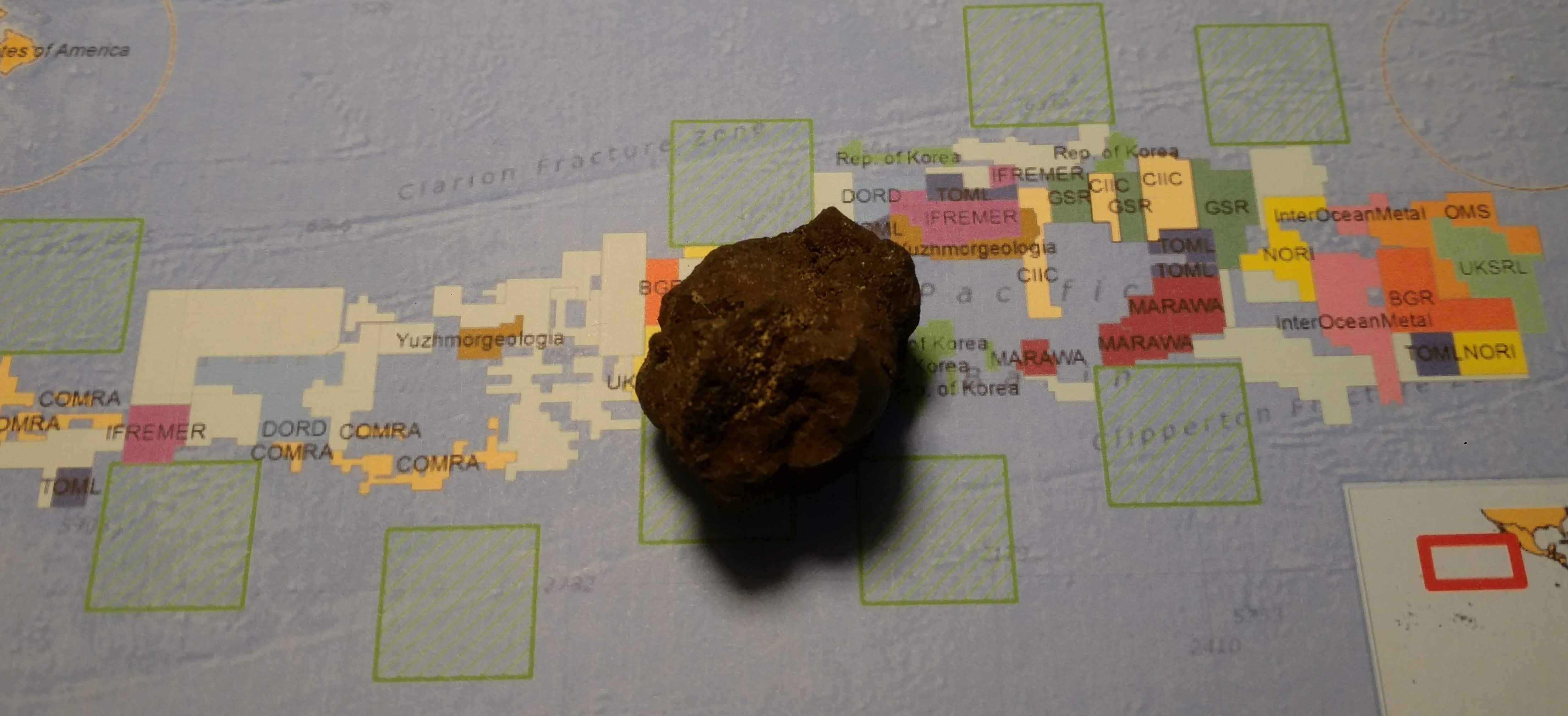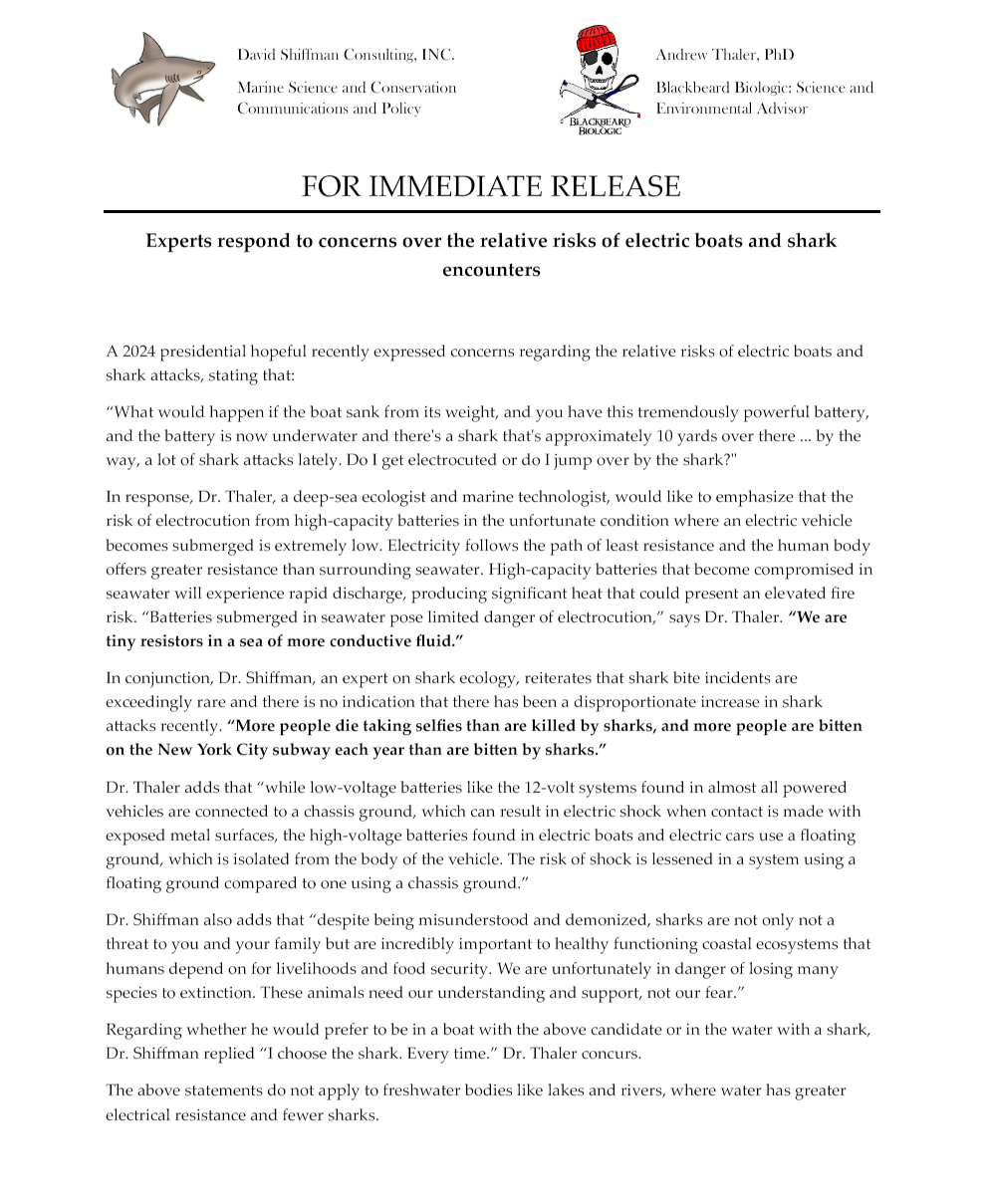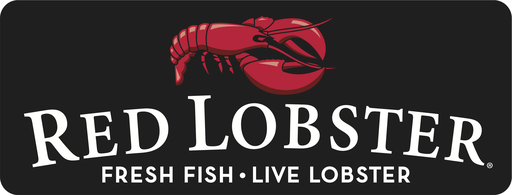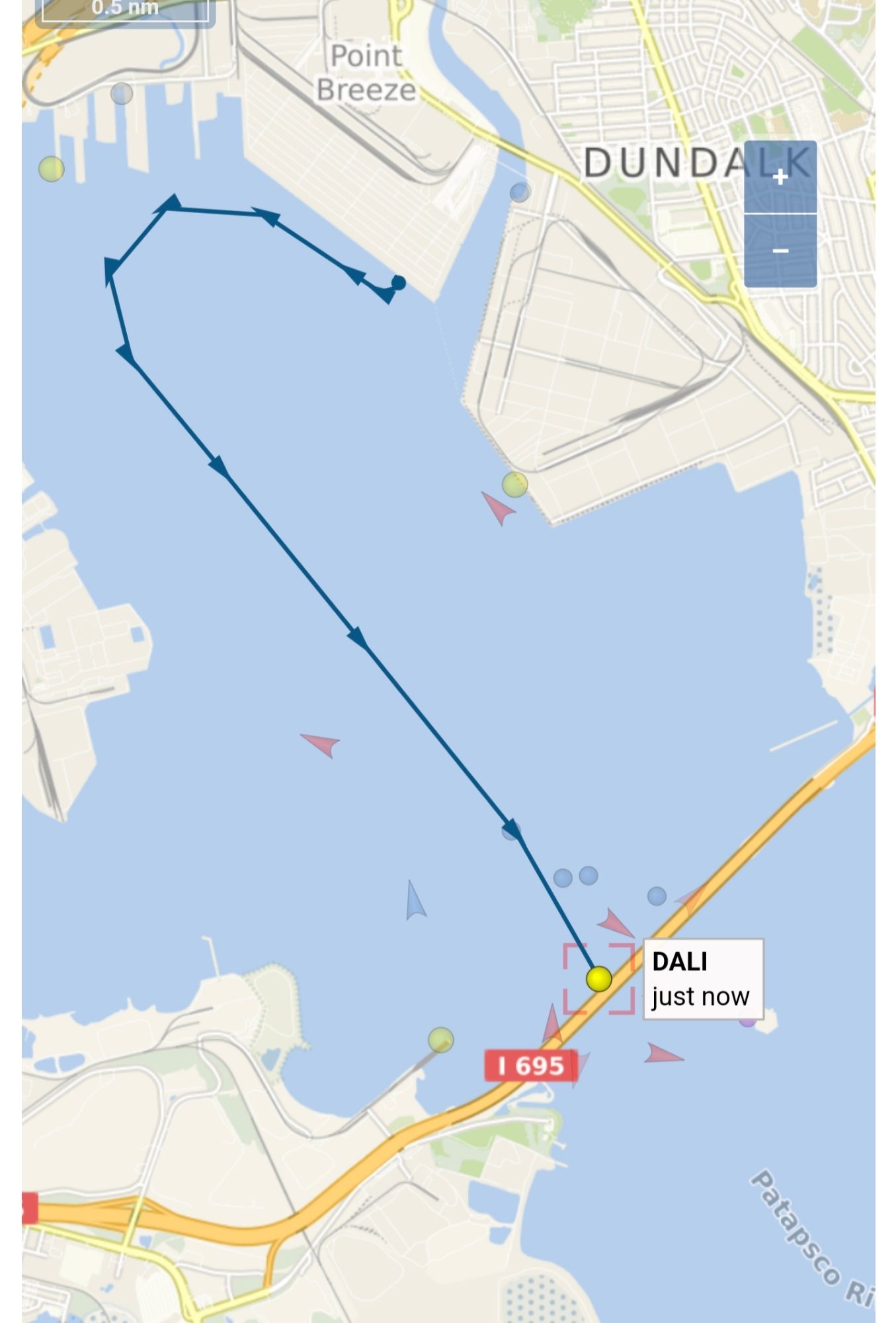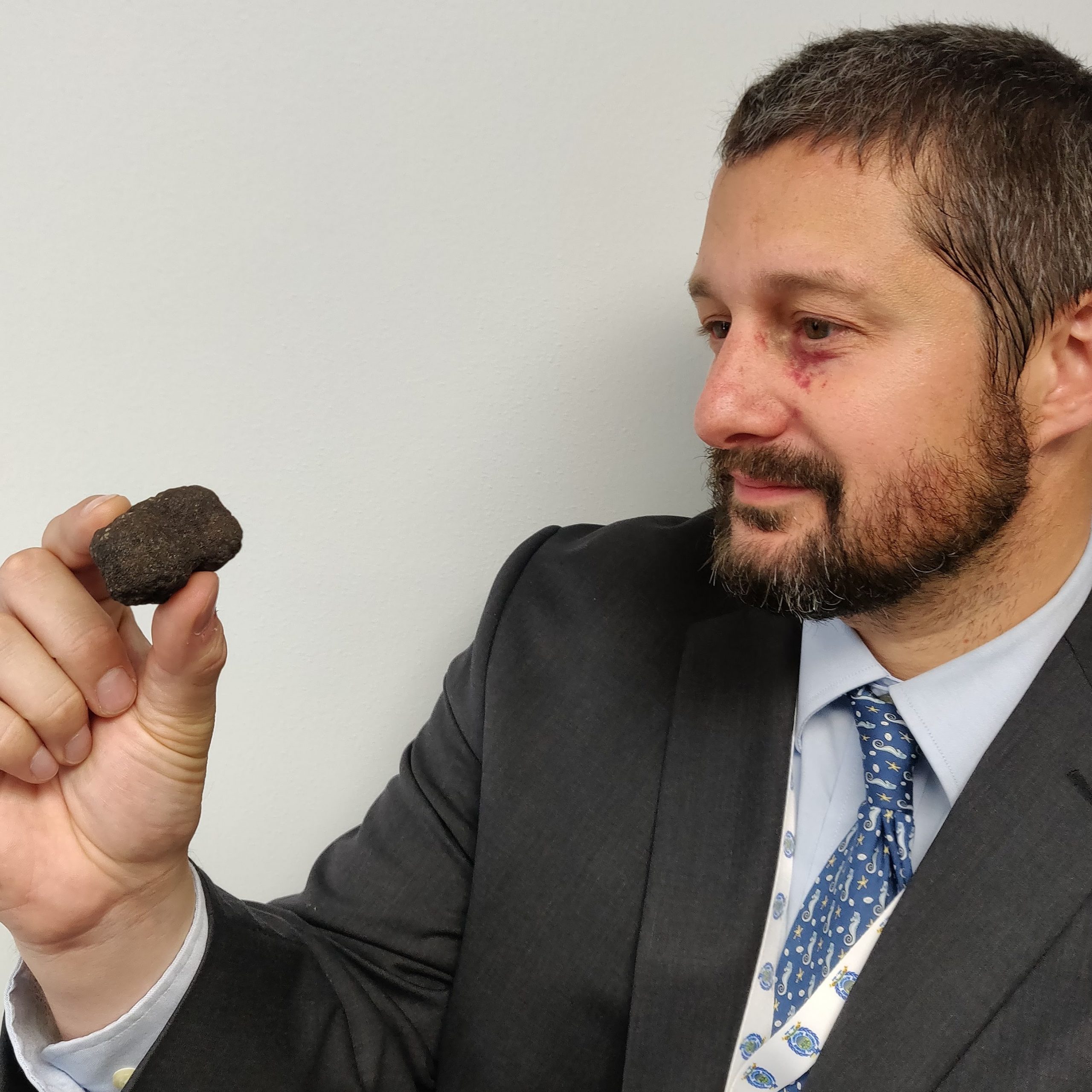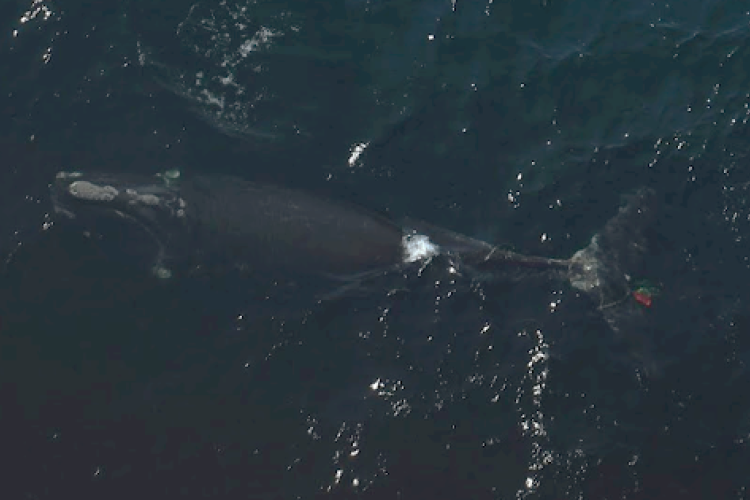In a little over 2 week, the International Seabed Authority will once again convene in Kingston, Jamaica to continue the 30-year process of establishing a regulatory regime for mining the minerals of the deep sea beyond the borders of any nation. This deep-sea mining negotiation is the most important meeting for not only the future … Read More “Election of ISA Secretary-General mired by accusations of bribery and corruption” »
Category: News
Friends of the Mariana Trench Express Gratitude for the Successful Publication of Monument Management Plan
A joint statement from David Shiffman Consulting, Inc and Blackbeard Biologic: Science and Environmental Advisors A 2024 presidential hopeful recently expressed concerns regarding the relative risks of electric boats and shark attacks, stating that: “What would happen if the boat sank from its weight, and you have this tremendously powerful battery, and the battery is … Read More “FOR IMMEDIATE RELEASE: Experts respond to concerns over the relative risks of electric boats and shark encounters” »
On Monday, the venerable, Beyoncé-endorsed seafood chain declared bankruptcy. Red Lobster has been struggling for a while. It was sold to private equity firm Golden Gate Capital in 2014 for $2.1 billion and then bought out by the seafood supplier Thai Union in 2020. Thai Union is one of the world’s largest seafood conglomerates. Thai … Read More “You did not bankrupt Red Lobster by eating too many shrimp.” »
The International Seabed Authority is the regulatory body that oversees deep-sea mining in areas beyond national jurisdiction – they’re tasked with develop the mineral resources of the high seas seabed while protecting the marine environment. At the heart of the ISA is the Secretariat, the administrative organ charged with the day-to-day operation of the ISA. … Read More “International Seabed Authority gears up for a leadership challenge at the July meeting.” »
Early this morning, the cargo ship MV Dali collided with the Francis Scott Key Bridge, causing the bridge to collapse, sending several vehicles and people into the water. Search and rescue is currently underway. Because Twitter is now a clearinghouse for the worst and most disingenuous hacks on the web, there’s of course a rumor … Read More “No, the ship didn’t steer towards the pylon: A brief fact check on the MV Dali collision with Baltimore’s Key Bridge” »
Earlier this week, Congresswoman Miller of West Virginia introduced the Responsible Use of Seafloor Resources Act of 2024 bill into Congress. This bill is among the few significant pieces of new national legislation promoting deep-sea mining to be introduced in the modern era. The text is available here: A Bill to support international governance of … Read More “New Deep-sea Mining Bill Introduced in Congress” »
North Atlantic Right whales are on the brink of extinction. There are approximately 360 individuals left, of which only about 70 are reproductively active females. In 2017, an unusual mortality even resulted in the death of 37 individuals. Ship strikes and entanglements remain the leading cause of death for this population. On August 20, 2022, … Read More “NOAA confirms North Atlantic Right Whale killed by commercial lobster gear” »
This morning, the Norwegian parliament approved a bill that moves the country one step closer to commercial deep-sea mining in Norway’s waters. This bill opens up nearly 300,000 square kilometers for mining companies to to explore for lithium, scandium, cobalt, and other critical minerals. Importantly, this does not mean that Norway is about to strip … Read More “Norway moves one step closer to deep-sea mining” »
Nothing but hot air. Trump bans windmills. The President made bemused news last week during his oddly partisan attempt to ban offshore oil in several key states (though for some reason, seismic testing in those states continue, making it seem less like a ban and more like a request to “stand by”). Unsurprisingly, the offshore … Read More “Hot air for windmills, oceans get layered, and North Korean ghost ships – What’s up with the Oceans this Week” »
